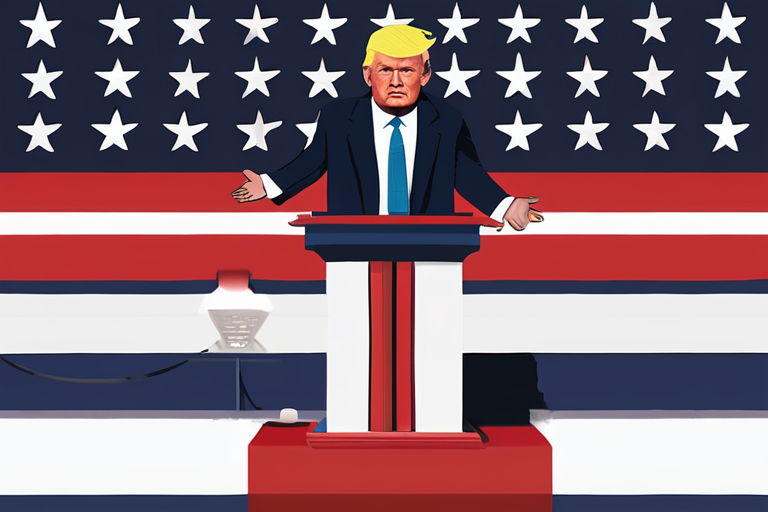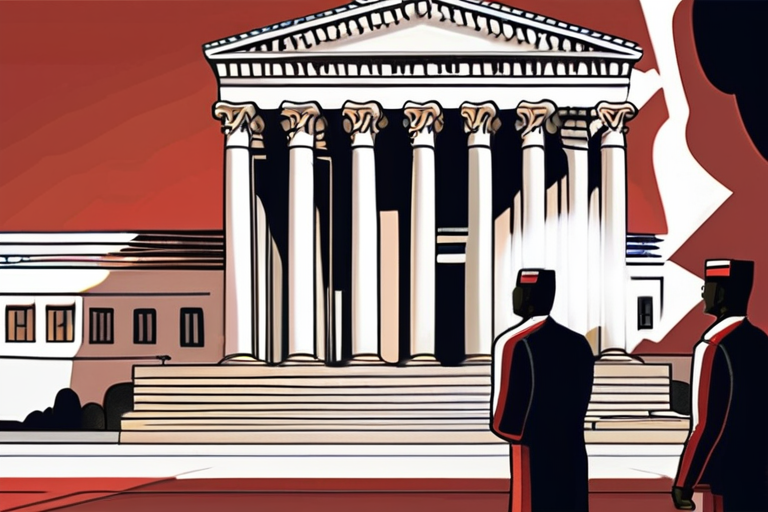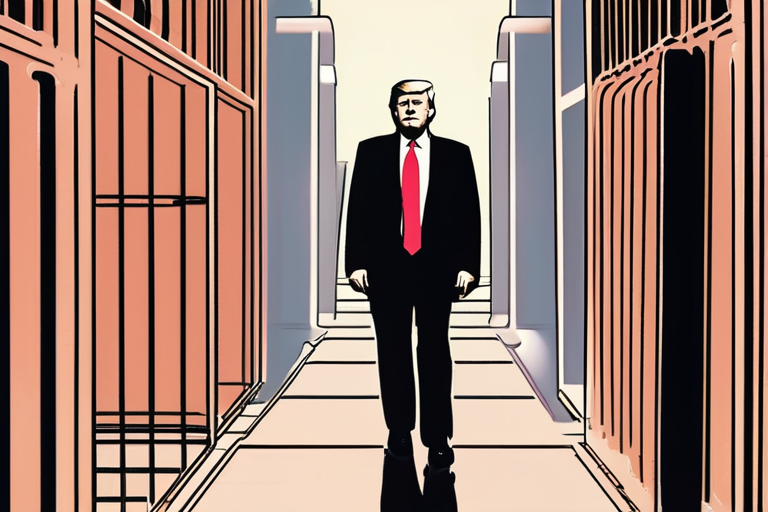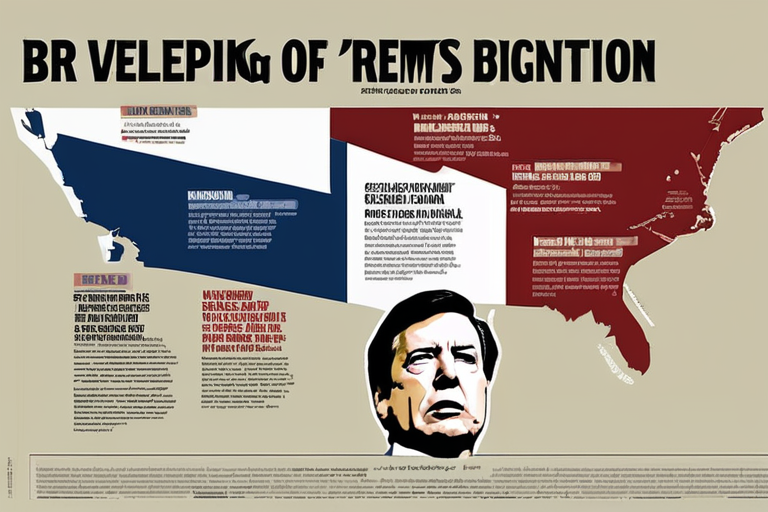Trump Escalates Revenge Campaign: A Calculated Descent into Uncharted Territory


Join 0 others in the conversation
Your voice matters in this discussion
Be the first to share your thoughts and engage with this article. Your perspective matters!
Discover articles from our community

 Hoppi
Hoppi

 Hoppi
Hoppi

 Hoppi
Hoppi

 Hoppi
Hoppi

 Hoppi
Hoppi

 Hoppi
Hoppi

COMEY'S INDICTMENT RAISES ALARMS FOR SUPREME COURT JUSTICES GLOBALLY In a move that has sent shockwaves around the world, former …

Hoppi

Unease Grows at Justice Department as Trump's Threats Get More Blunt September 22, 2025, was a day that left many …

Hoppi

The Revenge Campaign: A Descent into Chaos As the sun set over the White House on a sweltering September evening, …

Hoppi

The Revenge Campaign: How Donald Trump's Wrath is Shaping the Nation As President Donald Trump departed the White House on …

Hoppi

BREAKING NEWS: Former FBI Director James Comey Indicted on Charges of False Statements and Obstruction of Justice The Department of …

Hoppi

BREAKING NEWS: Trump's Retribution Efforts Escalate with Comey Indictment Former FBI Director James Comey has been indicted on charges stemming …

Hoppi